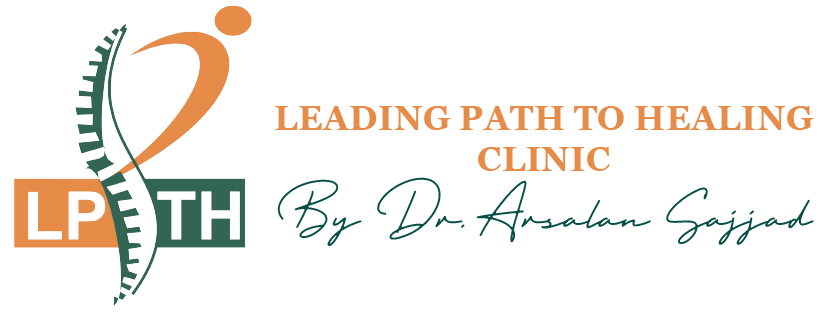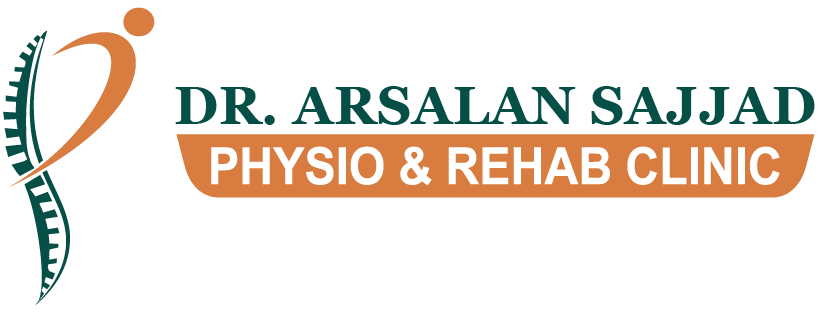Musculoskeletal disorders (MSDs) affect millions of people worldwide, impacting their daily lives and overall well-being. These conditions include a range of issues affecting the muscles, bones, joints, and connective tissues, such as arthritis, back pain, and tendonitis. Targeted physiotherapy plays a crucial role in managing these disorders, promoting healing, and enhancing the quality of life for individuals. Here’s how targeted physiotherapy can effectively manage musculoskeletal disorders:
1. Individualized Treatment Plans
One of the key benefits of targeted physiotherapy is the development of individualized treatment plans. Physiotherapists conduct thorough assessments to understand each patient’s specific needs, limitations, and goals. Based on this evaluation, they create tailored programs that focus on the patient’s unique condition, ensuring the most effective and relevant interventions are employed.
2. Pain Relief Techniques
Targeted physiotherapy employs various pain relief techniques to help manage discomfort associated with musculoskeletal disorders. These may include manual therapy, modalities like heat or cold therapy, and electrical stimulation. By reducing pain, patients can engage more fully in rehabilitation exercises, which are essential for recovery.
3. Strengthening and Conditioning
Building strength and improving conditioning are vital components of managing MSDs. Targeted physiotherapy incorporates specific exercises designed to strengthen muscles, improve stability, and enhance overall function. This strengthening process helps alleviate strain on affected joints and tissues, reducing the likelihood of re-injury and promoting long-term recovery.
4. Improved Mobility and Flexibility
Musculoskeletal disorders often lead to reduced mobility and flexibility, making everyday activities challenging. Physiotherapists focus on stretching and mobility exercises to enhance range of motion and flexibility. By improving these aspects, patients can regain their ability to perform daily tasks and participate in physical activities they enjoy.
5. Education and Self-Management Strategies
A significant aspect of targeted physiotherapy is patient education. Physiotherapists provide valuable information about managing musculoskeletal disorders, including proper body mechanics, posture correction, and self-care techniques. Empowering patients with knowledge helps them take an active role in their recovery and manage their conditions more effectively.
Conclusion
Targeted physiotherapy is an effective approach to managing musculoskeletal disorders, addressing the specific needs of individuals. With individualized treatment plans, pain relief techniques, strengthening exercises, improved mobility, and patient education, physiotherapy plays a crucial role in enhancing the quality of life for those affected by MSDs. By investing in targeted physiotherapy, individuals can experience significant improvements in their health and well-being, allowing them to regain control over their lives.


